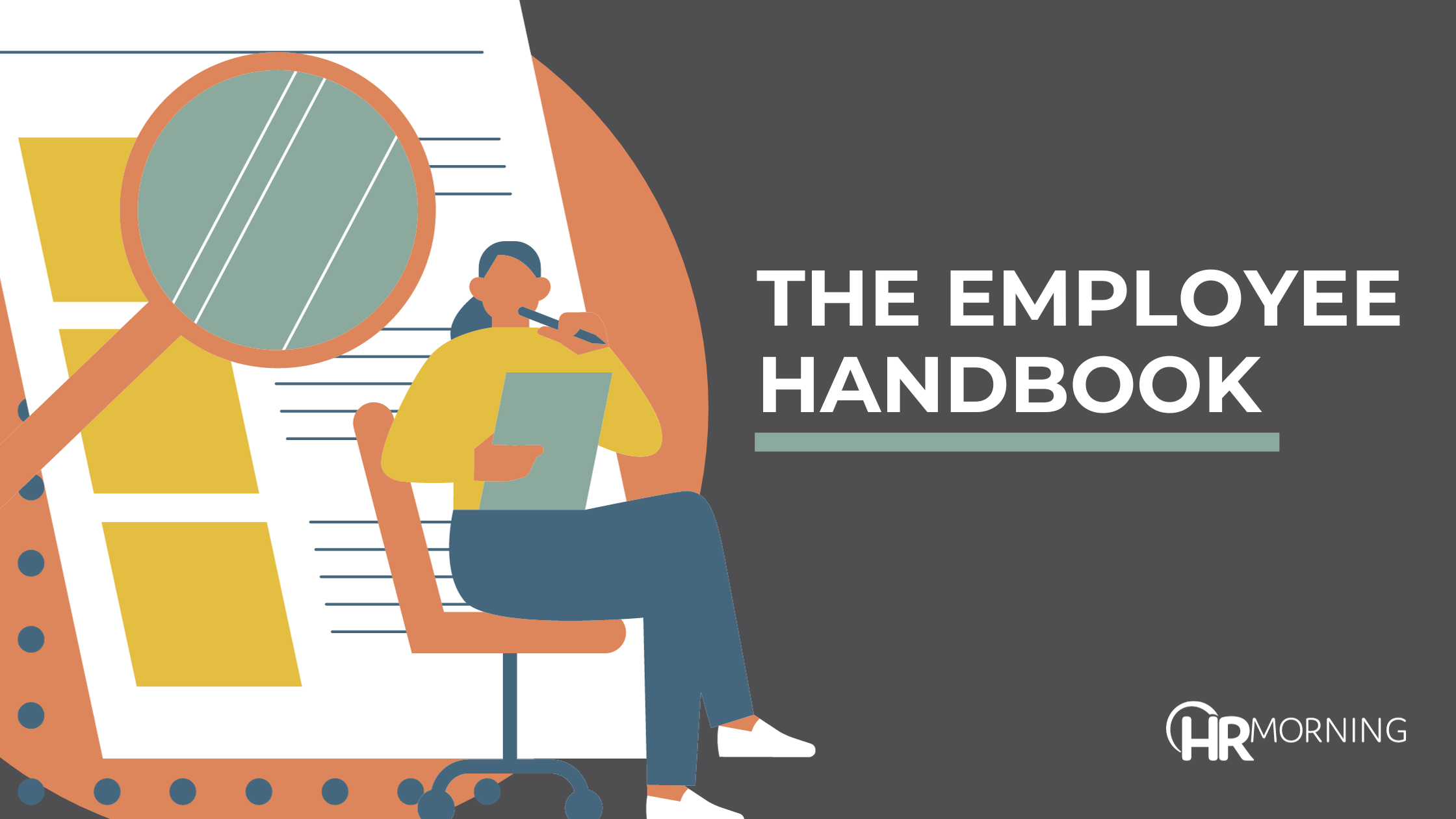The employee handbook: 5 reasons you need it now more than ever
The employee handbook is a common document for a company to have, but it’s not mandatory. A handbook is one of those nice-to-haves because it’s nice for both the employer and the employee. It’s a compilation of information about company employment practices, policies, benefits, conduct expectations, safety guidelines and more. Without a handbook, the company…









